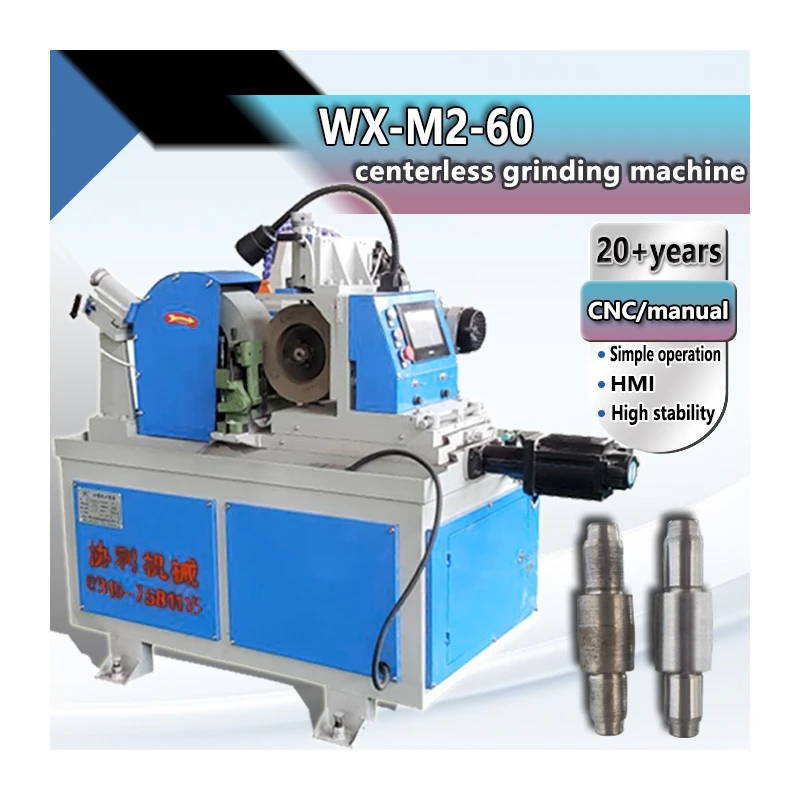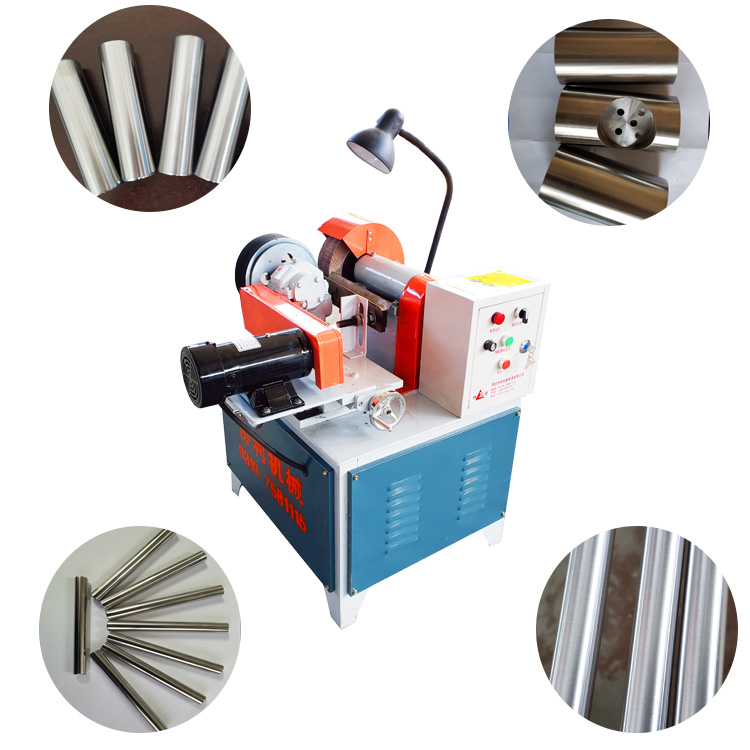Understanding CE Certification for GP Centerless Grinders
CE certification is a critical requirement for machinery used in the European market, reflecting compliance with health, safety, and environmental protection standards set by the European Union (EU). For manufacturers and users of GP (General Purpose) centerless grinders, understanding CE certification is essential to ensure that their equipment meets the necessary guidelines and can be marketed and sold within EU member states.
What is a GP Centerless Grinder?
A GP centerless grinder is a type of grinding machine used for precision machining and finishing of parts. Unlike traditional grinding machines, where the workpiece is held firmly in place, centerless grinders use rotational movement along with a grinding wheel to achieve high-quality finishes on cylindrical parts. This method of grinding offers several advantages it increases productivity, provides tight tolerances, and allows for continuous grinding of long workpieces without the need for frequent setup or tool change, making it an ideal choice for high-volume manufacturing.
The Importance of CE Certification
CE marking is a declaration by the manufacturer that the product conforms with the applicable requirements of the relevant European directives. For GP centerless grinders, this includes safety, machinery, and electromagnetic compatibility (EMC) directives. Obtaining CE certification not only assures compliance with legal obligations but also fosters customer confidence in the reliability and safety of the machinery.
1. Safety Standards The most crucial aspect of CE certification is compliance with safety standards. Centerless grinders are heavy machinery with moving parts that pose risks if not designed and manufactured with safety in mind. CE certification involves rigorous testing and assessment of the machinery to reduce risks such as accidents and injuries.
2. Health Protection In addition to physical safety, CE certification considers the health implications of operating grinding machines. This includes noise levels, vibration, and the risk of exposure to harmful substances. Ensuring that GP centerless grinders meet health standards is vital for protecting operators and maintaining a safe working environment.
3. Environmental Compliance CE certification also addresses environmental concerns connected to the machinery’s operation. Manufacturers must demonstrate that their products do not excessively pollute or contribute to environmental degradation through proper waste management and the use of environmentally friendly materials.
ce certification gp centerless grinder

The Certification Process
The process of obtaining CE certification involves several steps
1. Risk Assessment Manufacturers must conduct a thorough risk assessment of their GP centerless grinders to identify potential hazards associated with their use.
2. Documentation Proper documentation must be compiled, detailing the design, manufacturing processes, and testing procedures used to ensure compliance with relevant directives.
3. Testing The machinery may need to undergo specific tests to demonstrate compliance, which could include performance testing, safety testing, and EMC testing.
4. Declaration of Conformity Once the assessment is complete and the machinery has been verified to meet all relevant requirements, the manufacturer must prepare a Declaration of Conformity. This document states that the product complies with applicable EU directives and is eligible for CE marking.
5. Affixing the CE Mark After receiving certification, manufacturers can affix the CE mark to their GP centerless grinders, allowing them to market their products within the EU.
Conclusion
In conclusion, CE certification is a fundamental aspect of manufacturing and selling GP centerless grinders in Europe. It ensures that machines meet critical safety, health, and environmental regulations, fostering trust among consumers and facilitating market access within the EU. For manufacturers, investing time and resources into securing CE certification is not only a legal obligation but also a strategic decision that can enhance the reputation of their products and ensure long-term success in the competitive machinery market.









